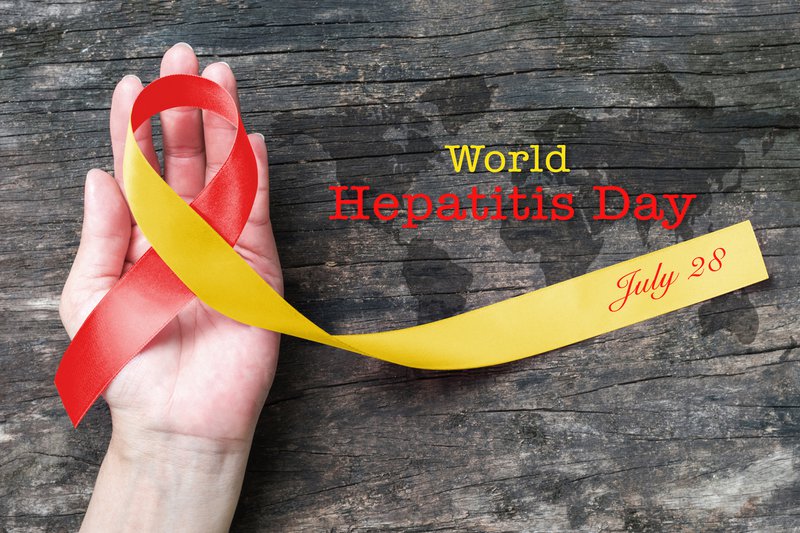All you need to know about hepatitis
Updated | By Poelano Malema
Do you bleed and bruise easily? Do you have a poor appetite and suffer from fatigue? You might have a condition called hepatitis. Here is what you need to know about the infection.

World Hepatitis Day is commemorated on 28 July every year.
Hepatitis is an infection that causes inflammation of the liver. According to the World Health Organisation, the condition is dangerous and can lead to other health complications, such as fibrosis (scarring), cirrhosis or liver cancer.
According to the NCBI website, in South Africa, the prevalence of monoinfection with hepatitis B has been estimated to range from 1% in urban areas to approximately 10% in rural areas.
What causes hepatitis?
The infection can be caused by a variety of factors. According to the World Health Organisation, these include toxic substances such as alcohol, drugs, autoimmune diseases, and the hepatitis C virus (HCV).
Different types of Hepatitis
There are five different types of hepatitis, referred to as types A, B, C, D and E.
"These 5 types are of greatest concern because of the burden of illness and death they cause and the potential for outbreaks and epidemic spread," states the WHO website.
Symptoms
Symptoms of hepatitis are not always visible. This is why the U.S. Preventive Services Task Force recommends that all adults aged between 18 to 79 years be screened for the condition.
Symptoms that a person with hepatitis might display include:
- Bleeding easily
- Jaundice
- Muscle pain
- Bruising easily
- Fatigue
- Poor appetite
- Dark-colored urine
- Itchy skin
- Fluid buildup in your abdomen (ascites)
- Swelling in your legs
- Weight loss
- Confusion, drowsiness and slurred speech (hepatic encephalopathy)
- Spiderlike blood vessels on your skin (spider angiomas)
Who is at risk?
According to the Mayo Clinic website, the following people are at risk of the virus:
- Healthcare workers who have been exposed to infected blood, which may happen if an infected needle pierces your skin.
- People who have ever injected or inhaled illicit drugs.
- Those who have HIV.
- People who have received a piercing or tattoo in an unclean environment using unsterile equipment.
- Those who received a blood transfusion or organ transplant before 1992 or clotting factor concentrates before 1987.
- Individual who received hemodialysis treatments for a long period of time.
- People who were born to a woman with a hepatitis C infection.
- Those who were ever in prison
- People who were born between 1945 and 1965.
Treatment
According to the Mayo Clinic website, chronic HCV is usually curable with oral medications taken every day for two to six months.
Disclaimer: Health-related information provided in this article is not a substitute for medical advice and should not be used to diagnose or treat health problems. It is always advisable to consult with your doctor on any health-related issues.
READ: Michael Buble's son battling liver cancer
Image courtesy of iStock/ @Chinnapong
Show's Stories
-
A resignation letter of note goes viral on TikTok
A good mix of positivity, gratitude, and leaving on a good note.
Vic Naidoo 1 year, 9 months ago -
Man hires a body double to take his driver's exam
Everyone fails at one thing or another, there's no escaping it.
Vic Naidoo 1 year, 9 months ago